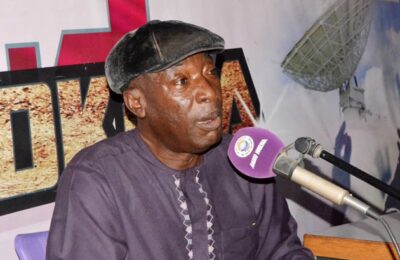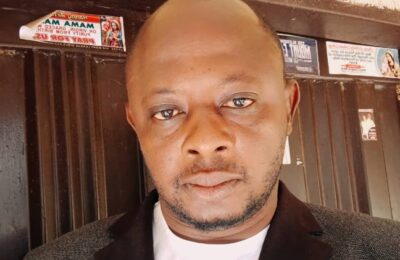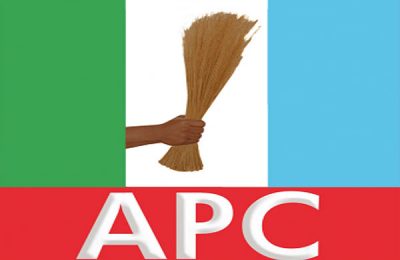By Musa Bakare.
Corruption has long been the Achilles heel of Nigeria’s political and economic development. For decades, successive administrations have made bold declarations to tackle this systemic menace, yet the results have often been underwhelming. However, in President Bola Ahmed Tinubu, Nigeria seems to be witnessing a distinctly strategic and preemptive approach, one that prioritizes prevention over damage control.
Unlike past models that focused primarily on prosecuting corruption after it occurred. often with politically selective targets. President Tinubu’s anti corruption framework is evolving into a system that seeks to nip corruption in the bud. The emphasis is increasingly on institutional reforms, digital governance, fiscal transparency, and proactive regulatory enforcement.
One of the hallmarks of the Tinubu model is the quiet efficiency with which it operates. There are fewer high-profile media spectacles, but more structural enforcement. The introduction of enhanced Treasury Single Account (TSA) operations, the reinvigoration of IPPIS, and the aggressive deployment of technology in public financial management are curbing opportunities for diversion of funds at the source.
Whereas previous administrations largely reacted to corruption scandals, the current model is preventing them. Tinubu understands that the real fight is not only about catching thieves but about making the systems thief-proof.
A significant example of this proactive approach was the crackdown on cryptocurrency-based financial outflows, particularly involving Binance, which the Central Bank of Nigeria estimated to have facilitated $20 billion in unregulated annual capital flight. By swiftly closing this loophole, the administration sent a clear signal that Nigeria’s economic lifelines will no longer be exploited in the shadows.
Other sectors, including petroleum subsidy administration, procurement, and tax collection, have seen marked overhauls to minimize opportunities for fraud. The Fuel Subsidy Reform, removed a channel through which trillions of naira were lost annually to phantom claims and fraudulent marketers.
Tinubu’s model also reflects a deliberate attempt to separate anti-corruption enforcement from political vendettas. While some critics may claim selectivity still exists, it is evident that his administration is working toward empowering institutions like the EFCC and ICPC with clearer mandates and less interference.
The appointment of credible professionals in key oversight positions such as the new leadership at the CBN and FIRS demonstrates an emphasis on technical competence over political loyalty.
Transparency is one of the strongest antidotes to corruption. Under President Tinubu, open data initiatives, improved public reporting of expenditures, and e-government tools are becoming integral to accountability. By increasing visibility into government operations, the public and civil society can more easily scrutinize spending, awards of contracts, and service delivery.
The push for digital tax infrastructure is not only boosting revenue collection, but also ensuring that leakages within the informal sector and internal revenue agencies are significantly minimized.
The Tinubu administration understands that a sustainable anti-corruption effort must outlive any one presidency. Therefore, beyond enforcement, there’s a subtle focus on changing the mindset of governance from entitlement to service, from impunity to consequence. Leadership by example remains critical. The president’s personal image of financial prudence and political calculation, whether embraced or contested, is influencing the culture at the top.
No anti-corruption strategy is without challenges. Nigeria’s deeply embedded patronage networks, bureaucratic bottlenecks, and resistance from vested interests continue to pose threats. Yet, the difference lies in the administration’s willingness to confront these challenges systemically, not just symbolically.
President Tinubu’s anti-corruption model clearly lacks the theatrical drama of the past efforts, it is arguably more structured, targeted, and results-oriented. It is a fight built not on noise, but on institutional engineering, legal reform, fiscal vigilance, and administrative modernization.
– Musa Asiru Bakare, a foundation member All Progressive Congress (APC), member Tinubu Support Group (TSG), and political analyst writes from Lokoja, Kogi state.




